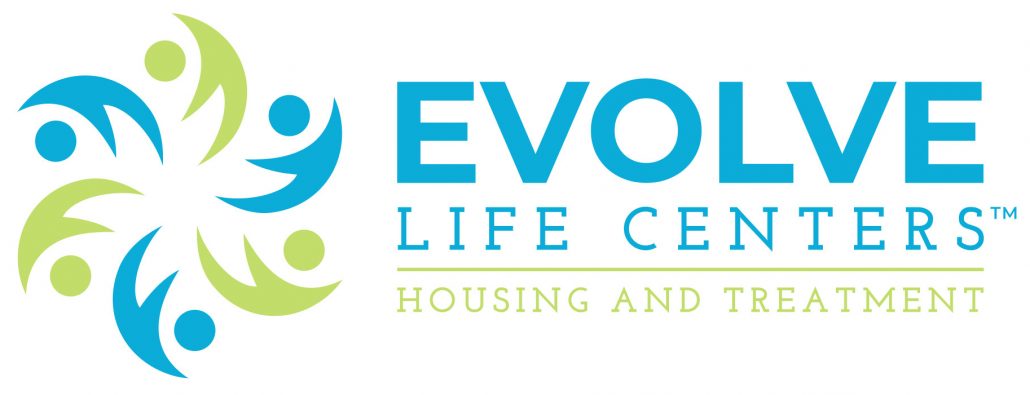
Cognitive Behavioral Therapy (CBT)
Cognitive Behavioral Therapy (CBT) is an evidence-based therapeutic technique that has shown remarkable success in substance abuse treatment. Let’s delve into the transformative power of CBT and how it plays a pivotal role in helping individuals overcome the challenges of addiction.
What is CBT?
CBT is a goal-oriented therapy focusing on changing negative thought patterns and behaviors. It empowers individuals to reshape their mindset and build healthier coping mechanisms.
How Does it Work?
Identify triggers, reframe negative thoughts, and develop practical skills to manage challenges. CBT is about creating lasting change by understanding the connection between thoughts, emotions, and actions.
Why Choose CBT?
The Core Principles of CBT in Substance Abuse Treatment:
Identifying Triggers and Cravings
CBT assists individuals in identifying the specific triggers that lead to substance use. By understanding the connection between thoughts, emotions, and addictive behaviors, individuals can develop healthier coping mechanisms.
Cognitive Restructuring
CBT emphasizes the development of a robust relapse prevention plan. By identifying potential pitfalls and creating strategies to navigate challenging situations, individuals gain the tools needed to sustain their recovery journey.
Skill-Building and Coping Strategies
Relapse Prevention
CBT emphasizes the development of a robust relapse prevention plan. By identifying potential pitfalls and creating strategies to navigate challenging situations, individuals gain the tools needed to sustain their recovery journey.

